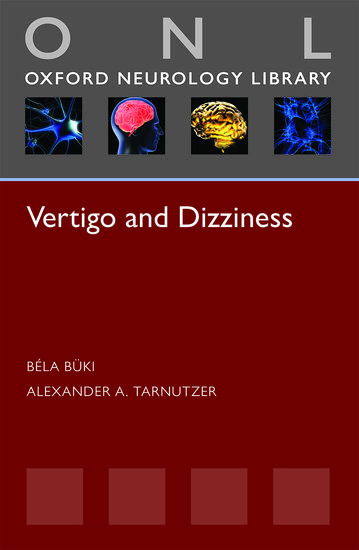Education and service in residency training
America’s system of residency training — the multi-year period of intensive clinical study physicians undergo after medical school and before independent practice — has dual roots. It arose in part from the revolution in scientific medicine in the late nineteenth century and the infatuation of American educators of the period with the ideal of the German university.














